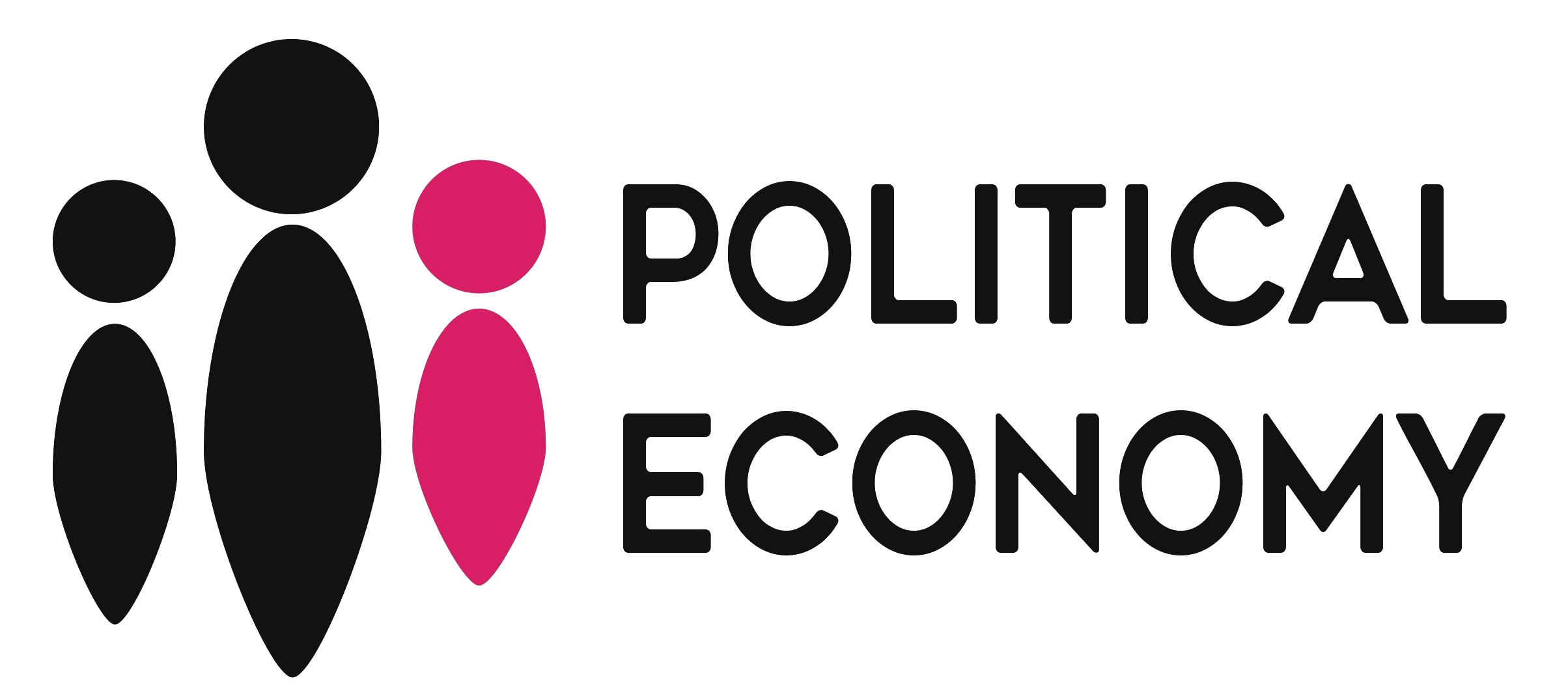- Topic Description
Discrimination manifests itself in unequal treatment of people because of gender, race, religion, sexual orientation or other traits. It can have a big impact on the social and economic success, the health and psychological well-being of the affected parties. Though overcoming discrimination has been a topic for decades, over the last years it has risen once more to great prominence. The issue of discrimination has recently been discussed in various areas, such as the well-known gender pay gap, so-called safe spaces for LGBTQ people at American universities, the integration of refugees or the inclusion of disabled persons.
There have been various endeavors to reduce the impact of negative discrimination, but the ideal course of action is under dispute. For example, effectiveness and fairness of some more interfering countermeasures, such as affirmative action are heavily debated. Furthermore, safe spaces and the associated culture have been discussed as well, some arguing that a more open confrontation may better for some contexts.
- Scope of the seminar
In this seminar, participants work on measures to identify discrimination and potential approaches to reduce its impact with the tools of experimental economics.
With the support of our chair, students develop their own ideas for the design of an economic lab or field experiment. Impulses and inspirations can be received from Uri Gneezy (on trust and stereotypes in populations well as on gender research), Gary Becker (on taste based discrimination), Muriel Niederle and Lise Vesterlund (on gender), Nora Szech (on beliefs and discrimination), Anna Dreber (gender), Kenneth Arrow and Edmund Phelps (on statistical discrimination), and Claudia Golding (on the gender pay gap and on gender discrimination). Lisa R. Anderson, Roland G. Fryer, Jr. and Charles A. Holt provide an overview from 2005 on experimental literature on discrimination.
Please note that no topics will be handed out. Instead, participants will develop their own research question in the broad field of discrimination.
Students will work in groups of three. If the process of group formation is unsuccessful, participants will be assigned.
The seminar starts with an introductory meeting on Thursday, April 19 at 10 am in building 05.20 room 1C-02. Ideas for experiments or field studies will be presented in a block event on Monday, July 7 in building 30.28 R004. Each presentation should last max. 20 minutes. Full attendance in both meetings is required for successful participation in the seminar! Seminar papers of 8 – 10 pages are to be handed in by August 20.
For bachelor students grades will be based on the quality of presentations in the seminar (50%) and the seminar paper (50%). Master students additionally have to hand in two abstracts with their paper. Their grades will be based on the quality of presentations in the seminar (40%), the seminar paper (40%) and the two abstracts (20%) – one with a maximum length of 100 words and one with a maximum length of 150 words.
Both Bachelor and Master students can improve their grades by 0.3 for good and constructive discussion contributions or by 0.7 for excellent and constructive discussion contributions.
Application will be possible via the centralized platform until March 12, 2018. Please note that we will ask you for a brief description of the topic and research question you are interested in to ensure a well-balanced variety in the seminar. For further questions, please contact Jannis Engel (jannis.engel@kit.edu).

